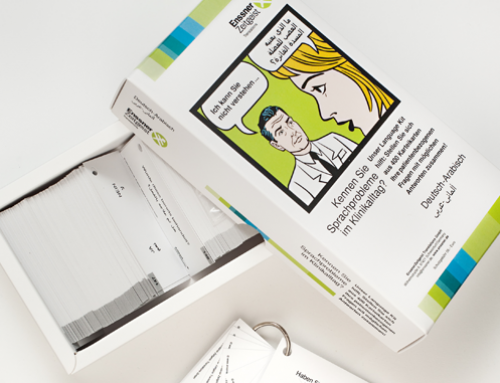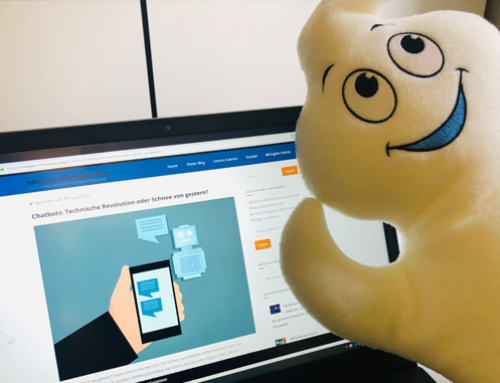Are you doing home office?
The 10 most common mistakes in Business English
Germans often really struggle with Business English. However, to be fair, it must also be said that we Germans are only rarely confronted with it in everyday life, unlike, for example, the Swedes.
An expert from the language learning platform Babbel has compiled some of the most German mistakes in business English, and I have added a few others:
1. Always translating “wie” with “how”. This works for How are you, but unfortunately not everywhere else. This tendency results in incorrect constructions like “How does this look like” when we actually want to know “What will this look like”.
2. “I am doing home office”: Anyone announcing that they want to work from home today like this will cause confusion among native speakers. The home office is just the study, i.e. the physical room where you work, and in British English it is also the Ministry of the Interior. What they need to say is “working from home”.
3. Lack of tenses: The sentences from the previous examples still show a typical weakness. While “Wir gucken mal, wie das aussieht” in German can also refer to the future, English requires a tense: “How this looks like”, or “I am doing Home Office” – although English-speaking colleagues might understand this, they would be surprised at the lack of time indicated.
4. “-ing” chaos: “Look forward to meet you”? or “Looking forward to meet you”? Both sound funny to native speakers. “Looking forward to meeting you” is grammatically correct. It is also possible to only use only the -ing form of the second, nominalised verb: “I look forward to meeting you”.
5. False friends: Some fixed expressions mean exactly the opposite of what the German listener assumes in English. For example, “to table something” does not mean “to put something on the table”, but that an item on the agenda is being put back for now, for example. The classic among false friends is the verb “to become” (which is “werden” in German, but is often confused as meaning “bekommen”, which actually means “to receive”).
6. Since instead of for: This is often translated literally too: “I’ve worked at Enssner Zeitgeist since 5 years” is a popular sentence construction. But the correct sentence would be: “I’ve worked at Enssner Zeitgeist since 2014” or “I’ve worked at Enssner Zeitgeist for 5 years”.
7. “Let’s make a date for next week”: Extreme caution is required here! If you ask your business partner for a date, they will probably be a bit surprised about this romantic pass: “date” in this context means a rendezvous. If you want to arrange a business meeting, it is better to use the word “appointment”.
8. Always translating “Uns” with us: “Wir sehen uns morgen” becomes “We see us tomorrow”. Sounds a bit weird, doesn’t it? The correct sentence is: “We’ll see each other tomorrow”..
9. Until instead of by: If the deadline is set for Friday, it should read “We need to finish this by Friday” not “We need to finish this until Friday”
10. Denglish: Especially when the English is “not the yellow from the egg”, you may easily be tempted to make a few Denglish jokes to lighten the mood. Unfortunately, this is not a “very big cinema”, but causes confusion among English-speaking business partners: they understand the individual words, but of course they have no clue as to what is meant.
Do you know of any similar mistakes or have you already made one of those listed above yourself?
We would love to hear some worst practice examples!
Anna Schoch
Phone: +49 (0)9721 7035-18
anna.schoch@enssner.de
EnssnerZeitgeist
Translations GmbH
97421 Schweinfurt, Germany






